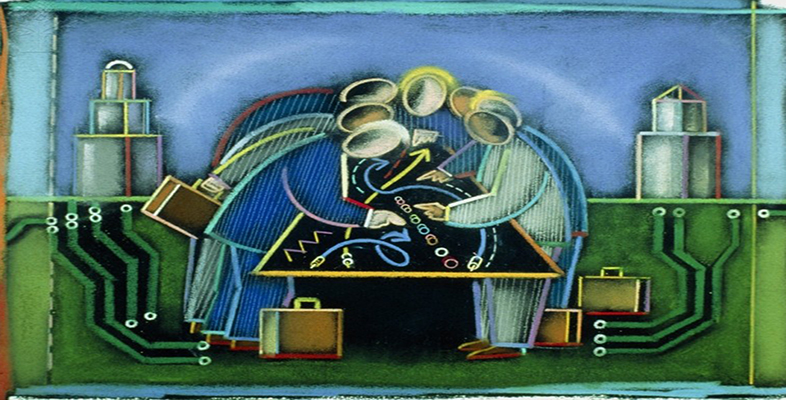7.2.2 Abstraction
Codification of knowledge is obviously attractive for an organisation when it wants to extend the number of individuals and groups making use of it. The limitation of codification is that the knowledge can remain local to its original domain or purpose. A call centre script for selling double-glazing may well prove of limited use to a person working in a call centre providing customer support for a public utility.
However, in many cases there is likely to be an aspect of local domain knowledge that has a broader relevance to other domains and contexts. To make the transfer from one domain/context to another possible knowledge must be transformed from the highly concrete experiences in which it was produced and abstracted. The result is knowledge that is more conceptual and is therefore no longer tied to a specific local domain. An example would be undergraduate degree programmes where the knowledge taught to students has been abstracted. For mechanical engineers, for example, their study of stress analysis may later be applied in a range of contexts from aerospace to consumer goods. For computer science students their study of systems analysis may later be applied in many different commercial sectors.
